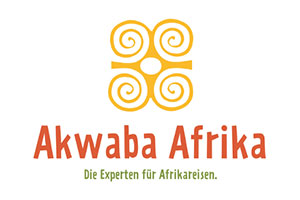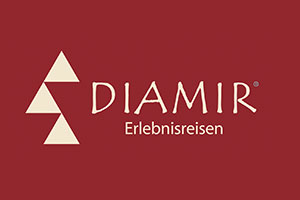Reisetipps für Togo
Top 5 Erlebnisse
Das kleine westafrikanische Land Togo zeichnet sich durch seine eine reiche Kultur, vielfältige Landschaften und die einzigartige Tradition des Vodoo aus. Zu den Höhepunkten gehören:

Königsstadt
Am nördlichen Rand des Togosees befindet sich die historische Stadt Togoville. Sie ist bekannt für ihre bedeutende Rolle im Christentum Togos. Unternehmungen wie Bootsfahrten auf dem Togosee, Entdeckungstouren in die Dorfgeschichte und der Besuch des Togoville-Museums bieten sich an.

Städte und Kultur
In der Hauptstadt Lomé befindet sich einer der faszinierendsten und einzigartigsten Märkte in ganz Westafrika. Auf dem Fetischmarkt werden traditionelle afrikanische Heilmittel und Voodoo-Artefakte verkauft.

Koutammakou
Koutammakou, ein UNESCO-Weltkulturerbe, ist berühmt für seine traditionellen togolesischen Lehmturmhäuser, die wie Miniaturschlösser aussehen. Neben der wunderschönen Landschaft und der unverwechselbaren Architektur bietet die Gegend auch großartige Wandermöglichkeiten und die Gelegenheit, das Volk der Batammariba kennenzulernen.

Voodoo Zeremonien
Voodoo ist ein wesentlicher Bestandteil der togolesischen Kultur und Spiritualität. Im ganzen Land finden zahlreiche Zeremonien und Rituale statt, an denen auch Besucherteilnehmen können.

Küste
Togo besitzt eine wunderschöne Küste entlang des Golfs von Guinea. Die Strände in der Nähe von Lomé, wie etwa Aneho Beach und Grand Popo, laden zum Sonnenbaden und Entspannen ein.
Touristische Infrastruktur
Das Reisen in Togo ist mit Verkehrssicherheitsproblemen verbunden. Die Straßen und Fahrzeuge sind oft in schlechtem Zustand. Fahrten auf dem Land können aufgrund von Fußgängern, Tieren und begrenzter Beleuchtung riskant sein. Die weit verbreiteten, aber riskanten Motorradtaxis sind oft nicht versichert.
In den verschiedenen Städten des Landes gibt es eine Vielzahl von Unterkünften, mit einem Schwerpunkt um Lomé.
Klima und Reisezeit
In Togo herrscht ein tropisches, feuchtes Klima. Es ist wichtig, bei der Planung Ihrer Reise die jahreszeitlichen Schwankungen zu berücksichtigen. Die Regenzeit dauert in der Regel von April bis November. In dieser Zeit besteht ein erhöhtes Überschwemmungs– und Erdrutschrisiko , was zu Reiseunterbrechungen führen kann.
Visum und Einreise
Deutsche Staatsangehörige, die nach Togo reisen, benötigen für die Einreise ein Visum. Das Visum wird online über die offizielle Website der Regierung als e-Visum beantragt, allerdings befindet sich das Online-Antragsverfahren noch in der Anfangsphase und es kann gelegentlich zu Problemen kommen, weshalb Reisende vorausschauend planen sollten. Bei der Einreise auf dem Landweg kann an der Grenze immer noch ein „Visa on Arrival“ beantragt werden.
Impressions from Togo
(Click to enlarge)
Stories
International Hotel Chains Are Driving the Hotel Boom in Africa
Frankfurt, 03 April 2024 - The "Big 5" of global hotel chains - Accor, Hilton, IHG, Marriott International and Radisson ...
Internationale Hotelketten treiben den Hotelboom in Afrika voran
ReThinking Africa Initiative setzt sich für Investitionen in Afrikas Tourismuswirtschaft ein Frankfurt, 03. April 2024. Die „Big 5“ der globalen Hotelketten ...
Voice4Africa x ReThinking Africa News March
KLEBER Group x ReThinking Africa News March 2024 Content Foreword Investment in Africa's tourism industry as a driver for sustainable ...
Unsere Partner in Togo
Allgemeine Updates
Current accessibility
Corona precautionary measures
Status: 03.03.2022


















